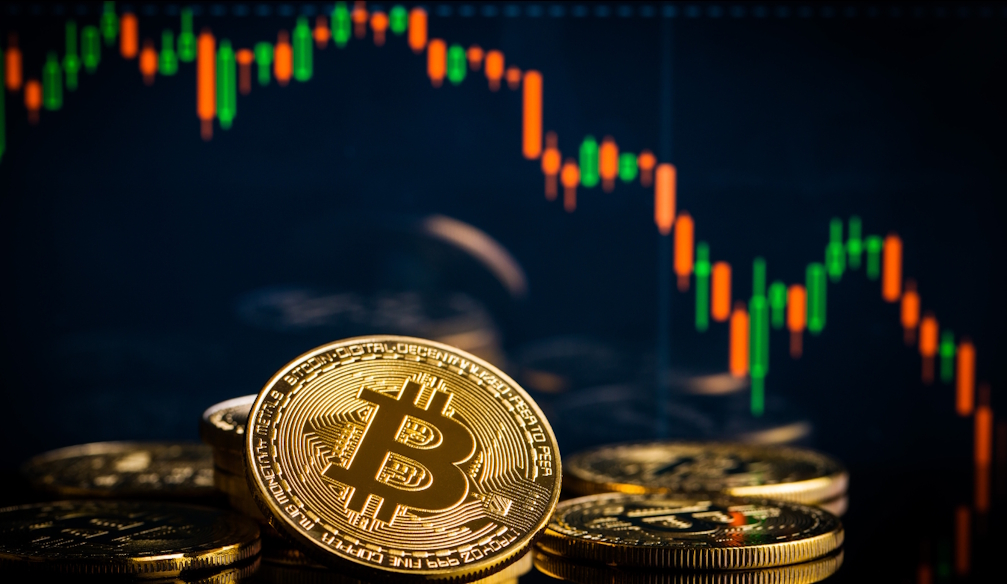The Intersection of AI and Crypto: Transforming Markets, Projects, and Innovations

Two technological titans — artificial intelligence (AI) and cryptocurrency — have risen to prominence, reshaping industries and redefining the limits of innovation.
While each is a powerful force in its own right, their convergence unlocks unprecedented opportunities in financial markets, blockchain technology, and beyond.
From sophisticated trading strategies to bolstering blockchain security, the fusion of AI and crypto is paving the way for a future marked by advanced automation and optimisation.
Cryptocurrency expert John Fenga says: “We are witnessing a paradigm shift. The synergy between AI and crypto is not just reshaping markets but laying the foundation for the next digital revolution.”
AI Revolutionising Crypto Markets
The volatile nature of cryptocurrency markets makes them enticing and risky for investors.
Enter AI-powered trading algorithms, revolutionising how traders and institutions navigate this unpredictability. By analysing vast datasets in real-time, AI can detect patterns, forecast price movements, and execute trades with remarkable accuracy.
“For years, traditional markets have leveraged algorithmic trading, but AI takes it to an entirely new level,” Mr Fenga said.
“In crypto, where markets operate 24/7 and are often driven by sentiment, AI tools like natural language processing (NLP) can analyse social media trends and news to predict price swings.”
Innovative companies exemplify this trend. Combining AI with a decentralised data science competition enables participants to improve trading prediction models.
Blockchain Innovation through AI
AI is not just revolutionising trading but also transforming the underlying blockchain technology itself, making it smarter and more efficient.
Traditional blockchains, while secure, often struggle with scalability, energy consumption, and decision-making speed. AI is addressing these challenges in several critical ways:
-
Enhanced Scalability
AI algorithms can optimise blockchain performance by predicting network congestion and re-routing transactions. This ensures smoother operations, even during periods of high traffic.
-
Energy Efficiency
Cryptocurrencies like Bitcoin have faced criticism for their energy-intensive proof-of-work systems. AI-powered solutions are being developed to streamline mining processes, reducing energy consumption and minimising environmental impact.
-
Smart Contract Optimisation
AI also enhances smart contracts, self-executing agreements built on blockchain technology. By integrating machine learning, these contracts can become more adaptive, learning from past transactions to improve future interactions.
Mr Fenga said: “AI is the missing puzzle for blockchain scalability. Together, they can create systems that are not only decentralised but also adaptive and sustainable.”
AI-Driven Security in Crypto
Security remains a cornerstone of blockchain technology, yet it requires constant innovation to avoid increasingly sophisticated cyber threats. AI is emerging as a vital tool in enhancing blockchain security.
Machine learning models can detect anomalies in transaction patterns, flagging potential fraud or hacking attempts in real time.
“AI’s ability to analyse billions of transactions for irregularities is a game-changer,” says Mr Fenga. “It’s not just about preventing fraud but also building trust within the system.”
AI is also crucial in protecting wallets and exchanges, which are frequent targets for hackers. By deploying predictive analytics, AI can anticipate potential breaches, enabling pre-emptive measures to be taken.
Challenges at the Intersection of AI and Crypto
Despite its promise, the convergence of AI and cryptocurrency has challenges. Key issues include:
-
Data Privacy
While AI thrives on data, blockchain prioritises transparency and immutability. Balancing these conflicting priorities remains a significant hurdle.
-
Algorithmic Bias
AI systems are only as impartial as the data they are trained on. In the decentralised world of crypto, ensuring fairness in AI models is essential.
-
Ethical Concerns
The automation of trading and decision-making raises ethical questions regarding accountability. If an AI algorithm causes financial loss, who bears responsibility?
-
Regulatory Scrutiny
Combining two relatively new technologies—AI and crypto—inevitably attracts regulatory attention. Establishing frameworks that foster innovation while protecting stakeholders is a challenge that must be addressed.
“Innovation often moves faster than regulation. The industry must take proactive steps to self-regulate and tackle these issues,” Me Fenga said.

